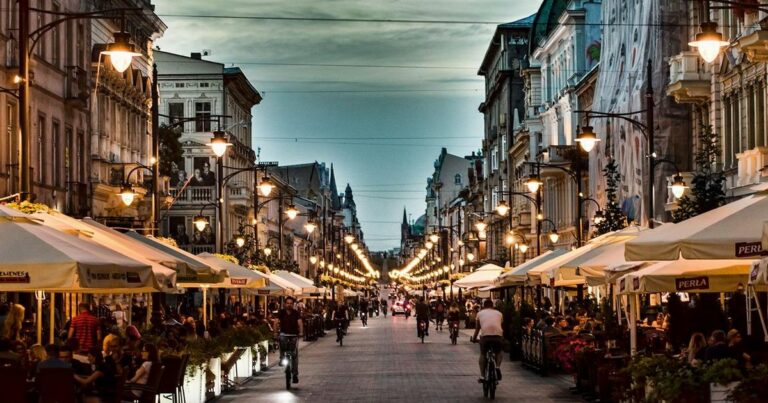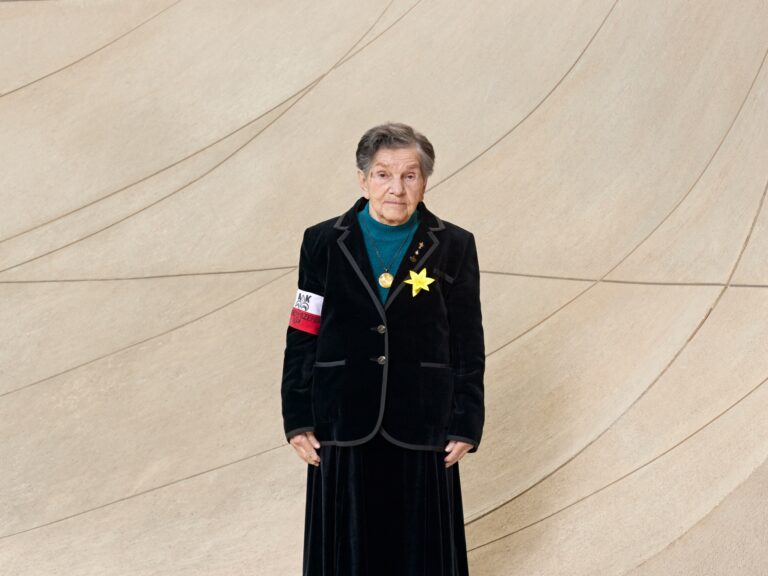Poles’ shift to e-vehicles gains traction
According to a survey conducted by EV Klub Polska among registered users of electric cars, 97% of drivers of such vehicles in Poland are satisfied and they do not intend to return to internal combustion motorization.
91% of owners of electricians would strongly recommend an electric car to their family. 86% of EV Klub Polska members believe that maintaining a zero-emission vehicle is cheaper than a conventional car. In combination with the government’s “My Electrician” subsidy program, in many cases this means a lower Total Cost of Ownership (TCO) and, as a result, greater profitability of investment in a given vehicle.
“In the first such comprehensive opinion poll, electric car drivers confirmed that electromobility is not an alternative today, but a better choice than conventional motorization. As many as 72% of current EV users said that they would definitely not replace them with a combustion vehicle, another 25% declared that they do not intend to return to gasoline or diesel anymore,” says Łukasz Lewandowski, EV Club Poland Coordinator.
“The report also debunks many myths about electromobility. Practitioners confirm (81%) that they can easily cover distances longer than their EV range, due to the increasing number of chargers at their disposal,” Lewandowski said.
15% of drivers said powering a vehicle with green energy was the most important ecological factor. On the other hand, almost every second user (46%) living in a single-family house actually uses energy from photovoltaic installations to charge their vehicle.
The study also showed that thanks to increasing ranges and higher charging powers, electric cars are becoming increasingly practical in everyday use. Almost every third respondent (31%) uses an electric vehicle as the only one in the household. 32% of users regularly use public stations and 83% of EV drivers in Poland prefer to charge their vehicles at home. 50% of respondents replenish their energy in the car’s battery at night, 27% during the day. 45% have a wallbox, i.e. a wall-mounted charger, and 32% intend to purchase such a device in the future.
“Half of respondents charge their electric cars at night. This solution has several advantages. First of all, thanks to the use of the night tariff, it is by far the cheapest option – driving 100 km can cost from 8 to 10 PLN. In addition, they rest when their car replenishes energy. It is also beneficial for the power system, because the grid is much less loaded in the evening and at night than during the day,” Lewandowski says.
57% of respondents do not use the generally available charging infrastructure or have used it only a few times. Every third EV user (32%) has no public charging station in their vicinity. This indicates insufficiently developed infrastructure, one of the main factors hampering an increase in the number of electric cars traveling on Polish roads.
“Electromobility is also a new, emerging market. Most respondents have an electric car for no more than a year (61%), and 23% from one to two years. This is a consequence of the particularly dynamic development of the BEV market in Poland in recent months. According to the Electromobility Meter run by The Polish Alternative Fuels Association (PSPA) and the Polish Automotive Industry Association (PZPM), from August 2019 to August 2021, the Polish fully electric passenger car park increased by 241%. In 2022, we expect further dynamization of the BEV market in Poland,” says Maciej Mazur, Managing Director of PSPA.
The survey was carried out between 1 April and 30 June 2021. More than 600 members of EV Klub Polska filled in the on-line questionnaire via the website www.evklub.pl.
EV Klub Polska was launched in 2020 as part of the social and educational campaign elektrobilni.pl, conducted by the Polish Alternative Fuels Association (PSPA) and the National Centre for Climate Change (KOZK). The campaign aims to promote electromobility and sustainable transport. Several dozen entities and institutions active in the field of sustainable transport in Poland got involved in the initiative. The strategic partners of elektrobilnych.pl include: ABB, BMW, Enelion, Volkswagen Group, Hyundai, Mercedes-Benz, Nexity, PKN ORLEN, Renault and Toyota, and the industry partners of Alphabet, EFL, Garo, GO + EAuto, GreenWay, LeasePlan, LOTOS, Nissan, PKO Leasing, PRE Biel, Shell and Volvo. The campaign was held under the patronage of the Ministry of Climate and Environment, the Ministry of Development, Labor and Technology and the Ministry of Infrastructure. The campaign is also under the patronage of numerous embassies, incl. The Netherlands, UK, Sweden, Israel, Germany, as well as chambers of commerce and several dozen Polish local governments.







